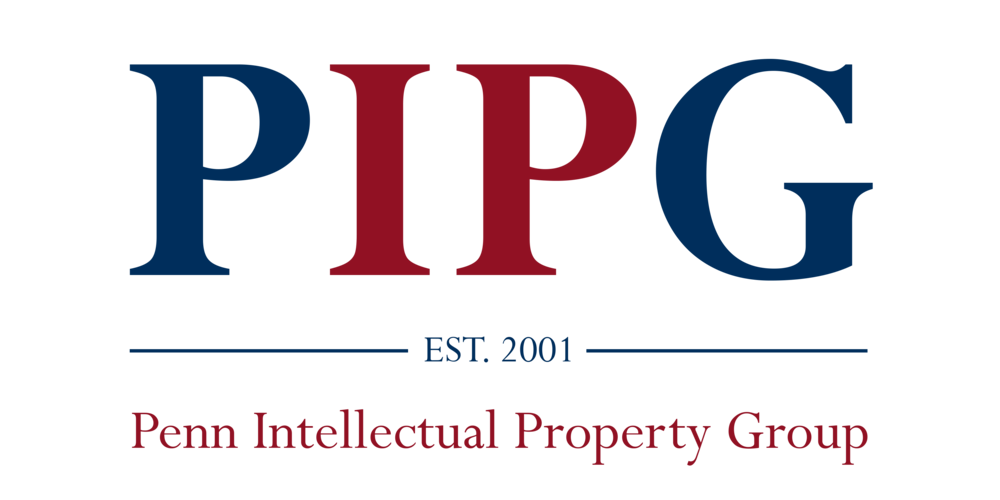By Jessie Levin, J.D. Candidate L’24
This is the question that the Supreme Court is grappling with in Unicolors, Inc v. H&M Hennes & Mauritz, LP. In this case, Unicolors alleged copyright infringement of EH101, a two-dimensional design for textiles. Unicolors claims that H&M manufactured, sold, and profited from jackets and shirts that included designs that were substantially similar to EH101. In a copyright infringement lawsuit, the plaintiff has the burden of proving two elements: (1) that they own a copyright, and (2) that the defendant infringed it. To establish ownership of a valid copyright, a plaintiff must demonstrate that the work is original, and that it is subject to legal protection (i.e., registered with the United States Copyright Office.)
This litigation hinges on the validity of Unicolors’ copyright. More specifically, the issue before the Court is whether the “Ninth Circuit erred in breaking with its own prior precedent and the findings of other circuits and the Copyright Office in holding that 17 U.S.C. § 411 requires referral to the Copyright Office where there is no indicia of fraud or material error as to the work at issue in the subject copyright registration."
Unicolors registered EH101 in a batch copyright application consisting of thirty-one total designs compiled as a single unit. Normally, when parties register copyrights for batches of works, the works must be publicized at the same time. Here, the Ninth Circuit reasoned that the Unicolors’ copyright may be invalid because Unicolors inaccurately registered its copyright by planning to publicize the designs in this batch in different ways and on different days. The Ninth Circuit remanded this case to determine whether the Copyright Office would have refused Unicolors’ registration had it known this information.
Unicolors thought that its error was a good-faith misunderstanding of copyright law, while H&M contends that Unicolors knew the law and used the batch copyright registration incorrectly to file meritless copyright infringement claims.
The Supreme Court heard oral argument on November 8, 2021. The Court will now have to balance the possibility that parties might make honest mistakes with the fact that some parties are serial plaintiffs that bring shaky copyright claims. Columbia University law professor Shyamkrishana Balganesh predicts that the court will conclude that knowledge and intent is required to invalidate a copyright registration over a mistake. This would have huge implications in the copyright sphere since litigation is blocked without a copyright registration. For serial ‘copyright trolls’ like Unicolors, this could mean that their mechanism in using copyright litigation to drive revenue, instead of enforcing infringement, could be blocked.
